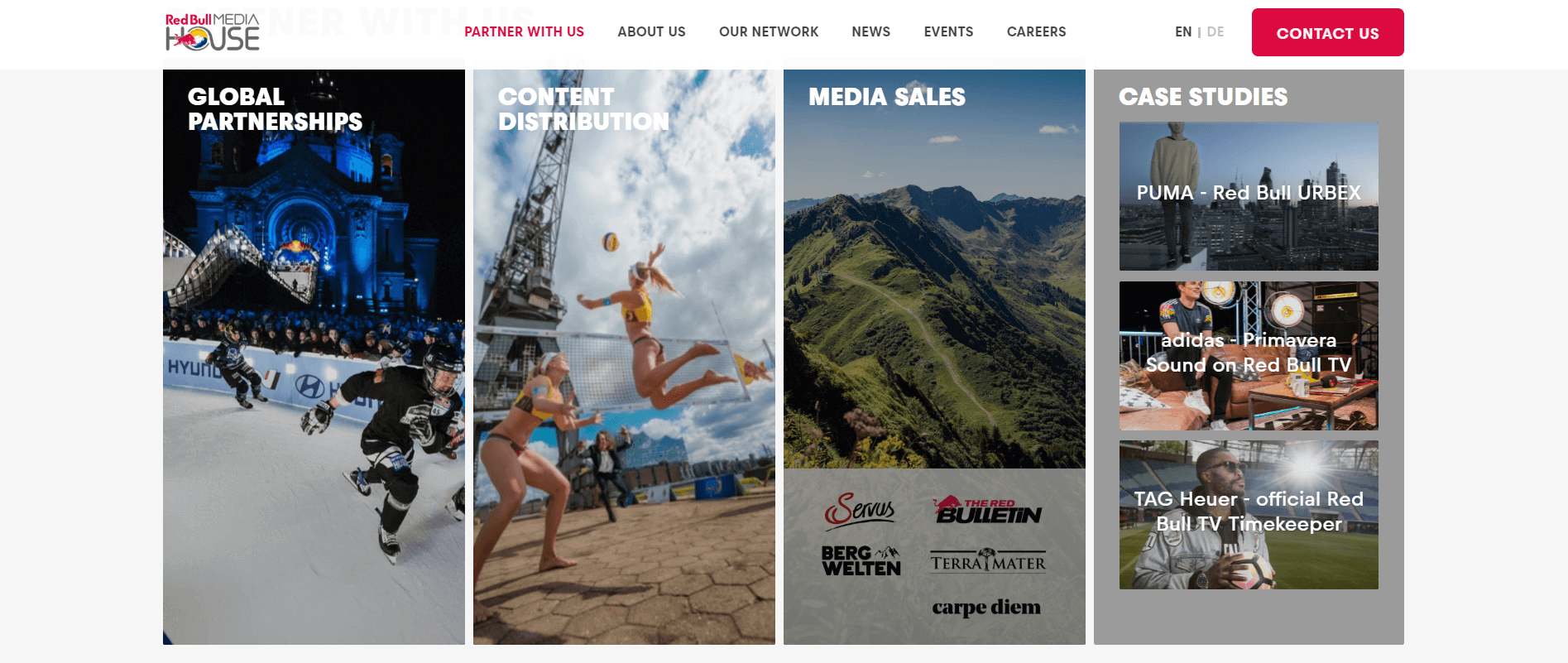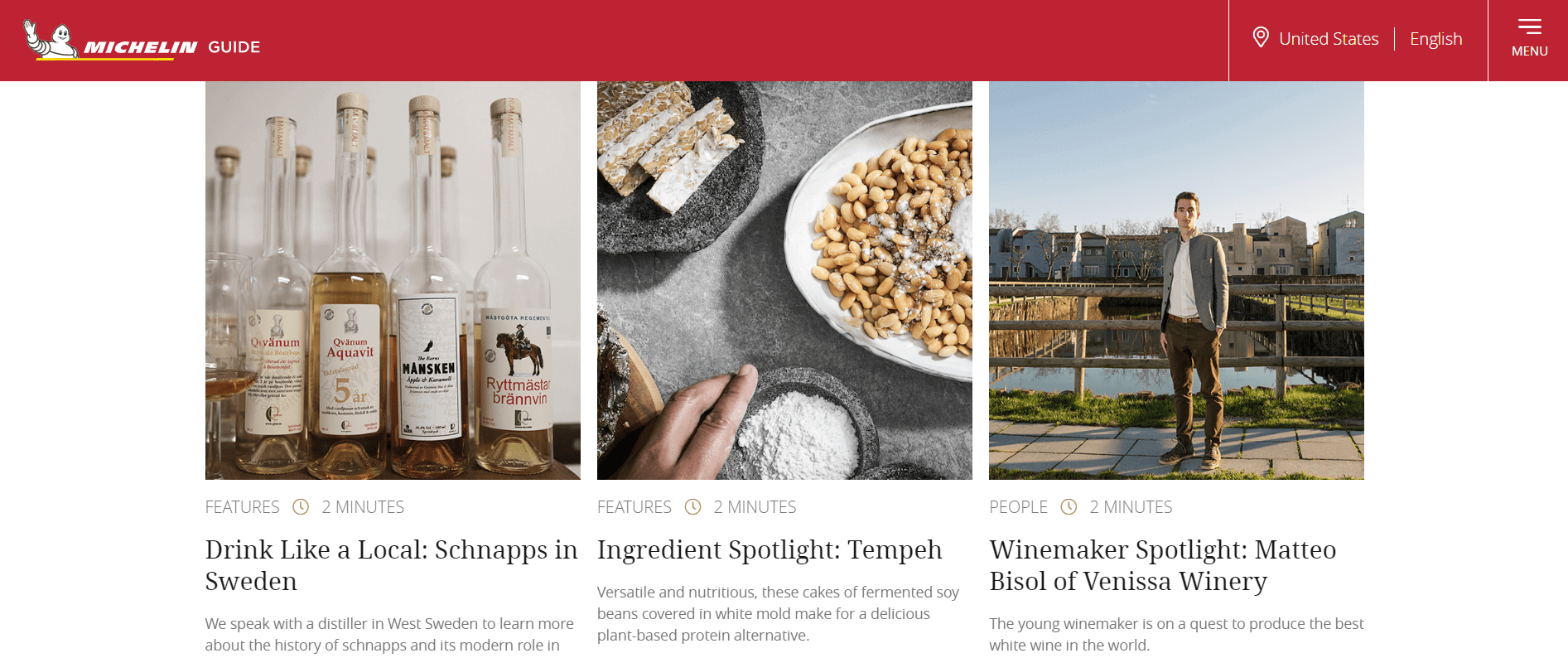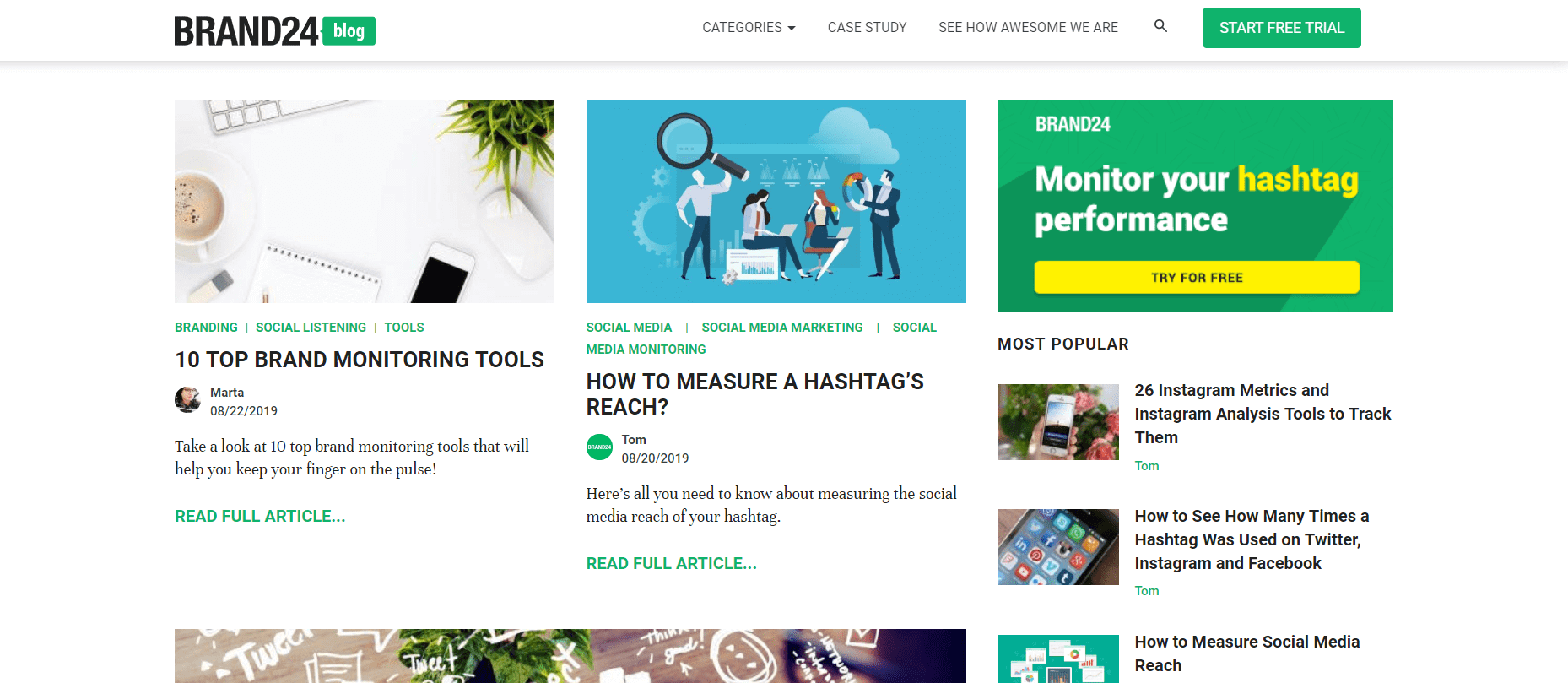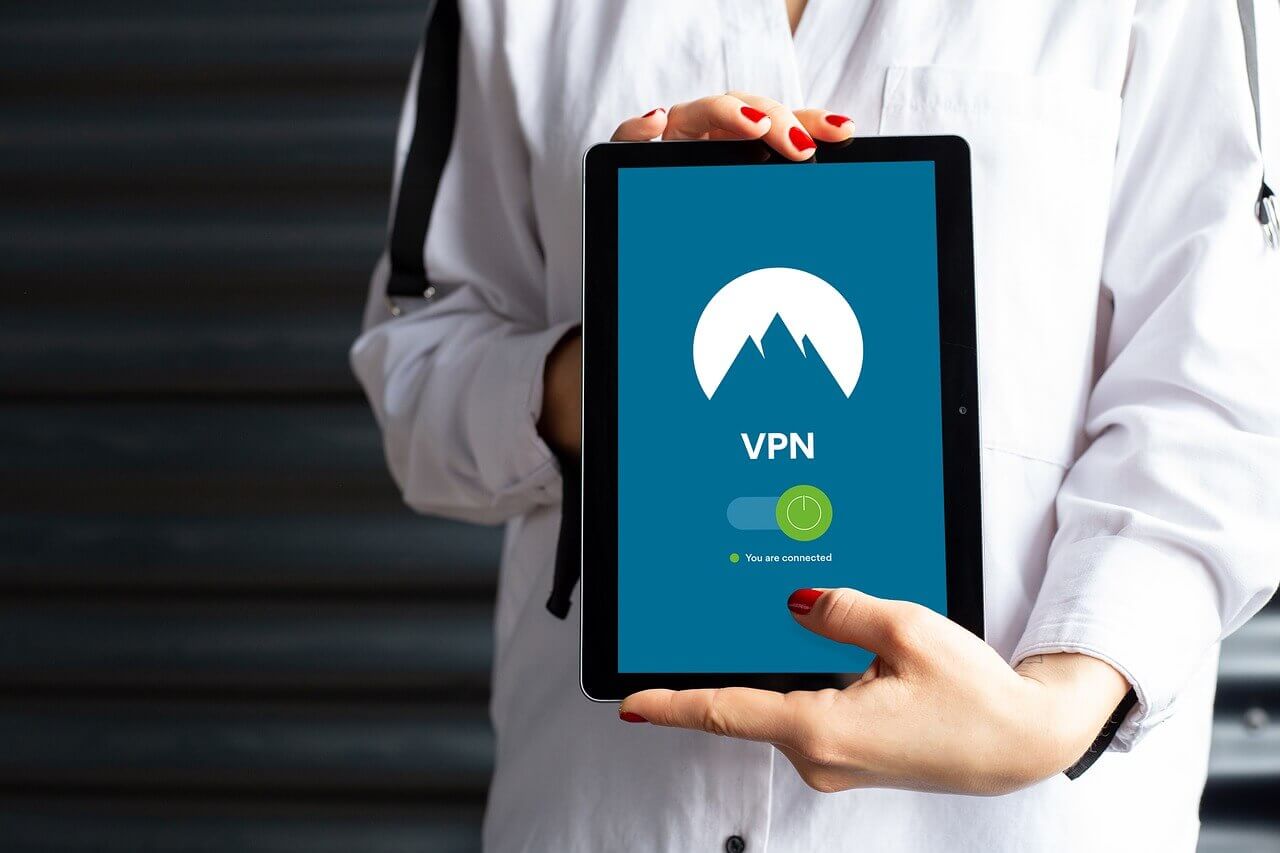- An advertising platform for publishing company news instead of referring to some external media;
- A tool to increase brand awareness and boost your industry expertise;
- A stage in your sales funnel to convert leads into customers.
Michael A. Stelzner, a founder of Social Media Examiner, surveyed 4,800+ marketers and found that 80% of specialists were going to concentrate more on creating their content in 2019.
It’s not surprising.
Blogging helps businesses make money. The higher the traffic to the target web page is, the higher the chances to get client opportunities. You can intentionally generate traffic to your website by using non-trivial headlines and experimenting with descriptions.

 The most prominent thing about brand journalism is that your business name won’t remain hidden even without its explicit mention. Just come up with new exciting types of stories to share with your public and observe that great buzz arising around your company.
The most prominent thing about brand journalism is that your business name won’t remain hidden even without its explicit mention. Just come up with new exciting types of stories to share with your public and observe that great buzz arising around your company.









